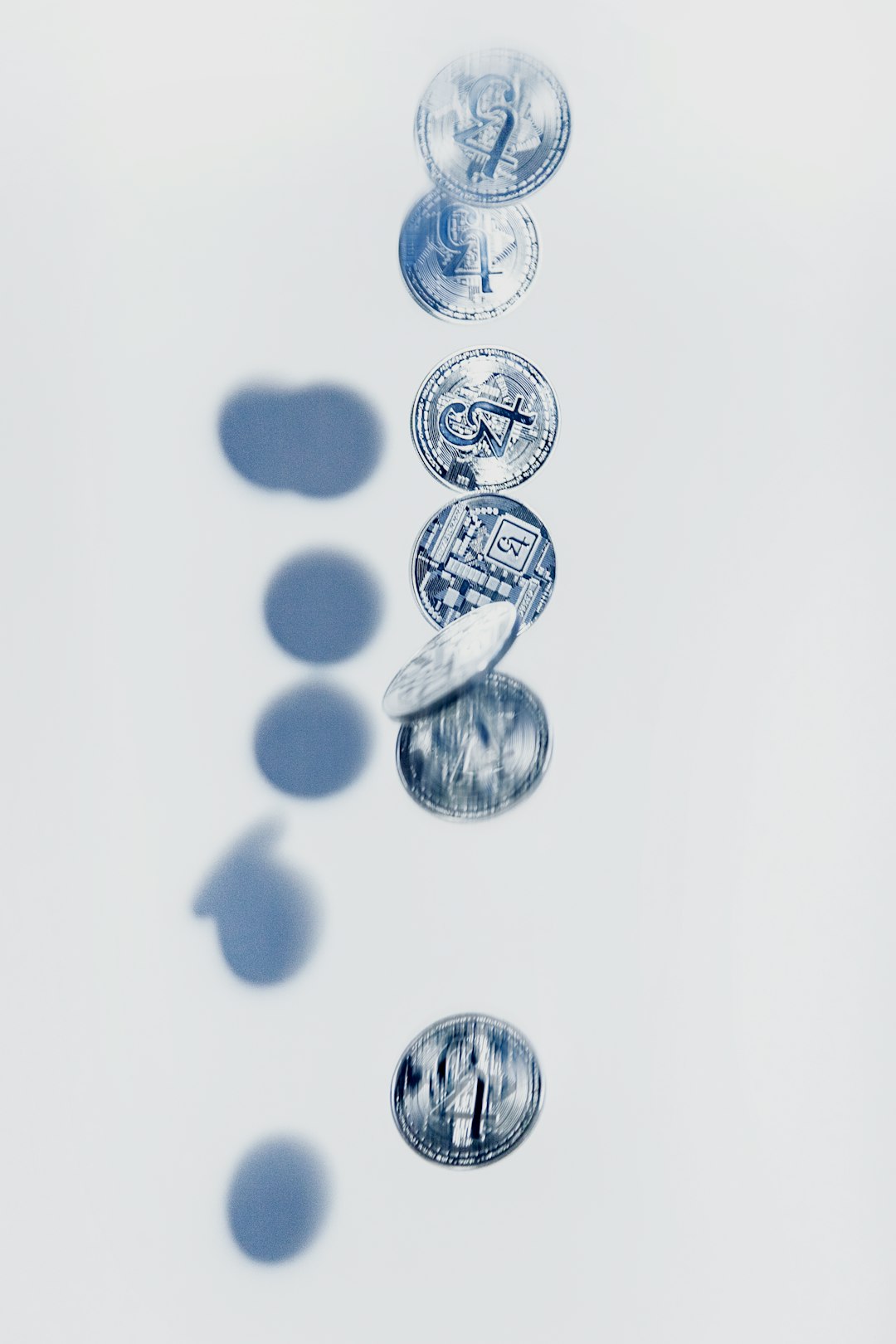All Nonfiction
- Bullying
- Books
- Academic
- Author Interviews
- Celebrity interviews
- College Articles
- College Essays
- Educator of the Year
- Heroes
- Interviews
- Memoir
- Personal Experience
- Sports
- Travel & Culture
All Opinions
- Bullying
- Current Events / Politics
- Discrimination
- Drugs / Alcohol / Smoking
- Entertainment / Celebrities
- Environment
- Love / Relationships
- Movies / Music / TV
- Pop Culture / Trends
- School / College
- Social Issues / Civics
- Spirituality / Religion
- Sports / Hobbies
All Hot Topics
- Bullying
- Community Service
- Environment
- Health
- Letters to the Editor
- Pride & Prejudice
- What Matters
- Back
Summer Guide
- Program Links
- Program Reviews
- Back
College Guide
- College Links
- College Reviews
- College Essays
- College Articles
- Back
U-bik: Does the World Truly Exist?
When we close our eyes, how do we know that the world still exists? How do we know that other people we meet are alive instead of game characters set in our life? This classical question from solipsism is one of many thought-provoking questions presented in “U-bik”, a science-fiction novel written by Philip K. Dick. It has an interesting plot line with philosophical messages about solipsism, life and death, and fate.
The setting takes place in 1992, when people develop psionic and anti-psionic power, can easily travel to the Moon or Mars, and invent half-life technology that can revive people’s cerebral activity immediately after their death for communication. There are two main opposing organizations – the Runciter Associates, whose main mission is to stop the psionic agents from hurting people, and Hollis’ psionic agents. The main character, Joe Chip, is an employee of the Runciter Associates.
In a mission on the moon, Joe Chip, Glen Runciter, and eleven inertials experience a blast schemed by Hollis. After that, they undergo a series of weird processes, including two main forces: one of regression and destruction (performed by a half-life entity named Jory) and one of salvation (the U-bik, carried out mainly by Ella Runciter). As the inertials try to figure out the situation and die due to mysterious causes, Joe Chip eventually figures out that the inertials were in half-life since the blast, and that the world of 1939 in which he has regressed to is actually a world created by Jory and set specifically for him. However, at the end of the novel, the plot focuses on Joe Chip’s figure appearing on a coin in Glen Runciter’s world, the living world, but this event itself theoretically only happens in the half-life world.
One of the most important topics in “U-bik” is solipsism, a belief that the self cannot know anything except its own modifications; therefore, the self is the only existent thing in the world. This topic is expressed especially in the later part of the novel, when Jory appears and tells Joe Chip that the surrounding world Chip stands in is actually created by Jory. When Joe Chip arrives in one place, nothing exists in the world except where Chip is staying. The world in Chip’s vision exists only because he is there, and it immediately passes out after Chip moves to another spot. Similarly, we can never be sure that the physical world does exist all the time, and our life is a collection of our own subjective perceptions.
Half-life is also a significant element in the novel. People can be put into the moratoriums immediately after their death where their cerebral activity can be detected so that living people can communicate with the half-lives while their dead body remain motionless in the container. This arouses the mind-body debate, an ancient dualist philosophical question that asks what a person’s identity is made of – the body, the mind, or both? There is an interesting quote regarding this topic, “In Zurich he [Glen Runciter] has measurable brain metabolism; his physical, half-life body is suspended in cold-pac in the Beloved Brethren Moratorium, and yet he can’t be reached. In Des Moines he has no physical existence and yet, evidently, their contact can be established.”
Furthermore, the novel explores the theme of fate. The precogs have the psionic power to foresee the future, but they cannot change the future. Pat Conley, an undercover at the Runciter Associates sent by Hollis, has the power to change the past and influence the present. This vividly portrays the butterfly effect of life—our present is directly affected by the past, and our future depends on our present. Then, is our life predetermined or controlled by our free will? If it is predetermined, then our life loses meaning, because it means that whatever we do cannot change reality. Our current society, nonetheless, assumes that the future is unpredictable and depends on our efforts.
In conclusion, U-bik by Philip K. Dick is a great novel with an interesting plot and thought-provoking themes. Initially, I was confused about the setting and the author’s message. Later, however, I was gradually drawn to the story and themes, and I was completely impressed after I finished the entire novel. The ending is intriguing as well. When it seems as if everything is resolved, the author leaves a cliffhanger, leaving the readers to think—is Glen Runciter’s world truly the reality or is it another created hallucination?
Similar Articles
JOIN THE DISCUSSION
This article has 0 comments.

